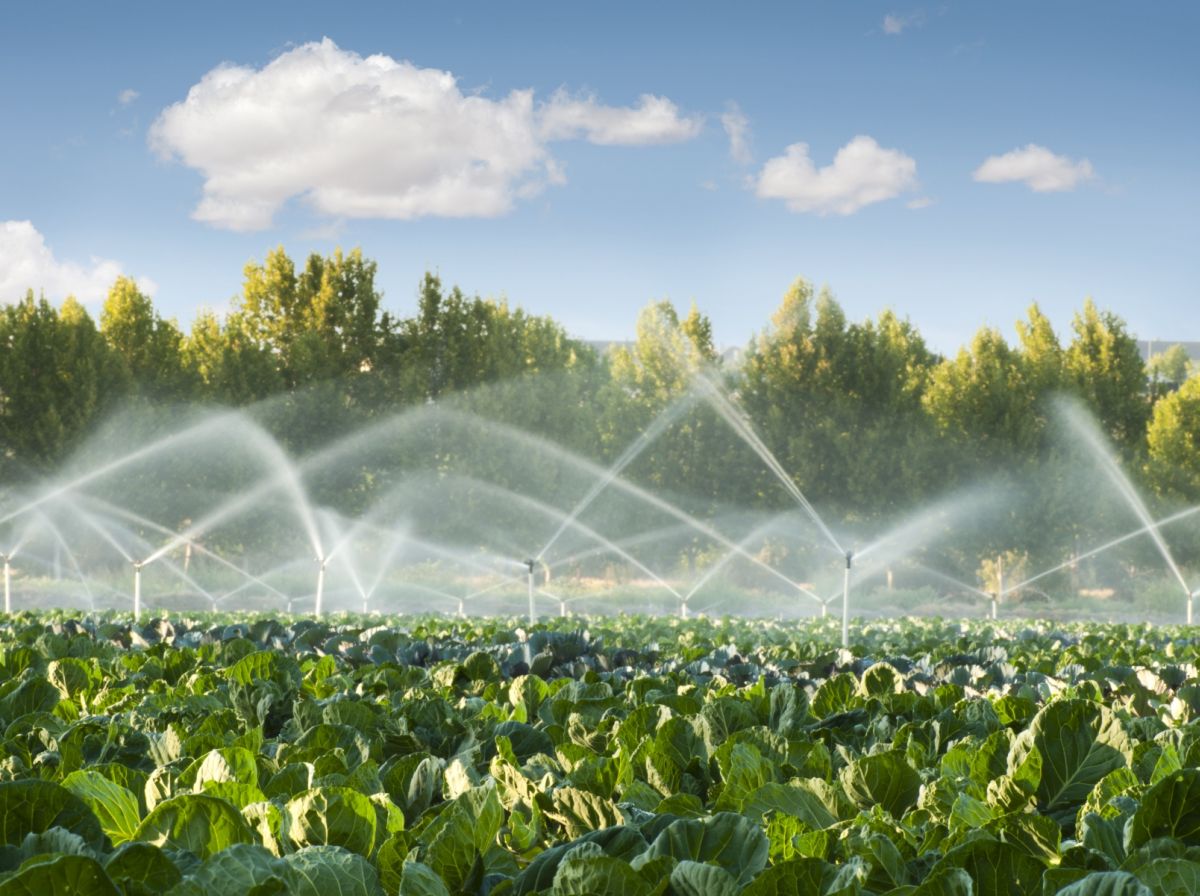
The charity Business in the Community (BITC) is calling on food and drink businesses to take action across their supply chains to improve water quality and reduce water usage, at an event in central London today, attended by HRH Prince of Wales.
Water quality is an urgent national concern, with only 17% of water bodies currently meeting ‘good’ standards. Managing our water resources better to meet the challenges of increasing populations and changing weather patterns is essential.
The food and drink sectors have significant impact on water quality and use, through their direct operations and wider agricultural supply chains, including farms.
The report calls on food and drink businesses, as well as retailers and caterers to work with farmers to provide support, and to think about what happens in their own factory or operations and to consider how water is used in the agricultural supply chain.
Businesses are already undertaking catchment partnerships and working to support farmers, and BITC is calling for more to be done to improve resilience, be more water efficient and reduce diffusion pollution, from livestock and pesticides and from soil and sediment losses.
Environment Minister Rory Stewart, said: “Britain produces some of the best food and drink in the world, all of which depends on making the best use of our water.
“This report shows some of the exciting work that is already being done within the industry to manage water supply. From local fruit and vegetable producers who are naturally cleansing and recycling water to large corporations working with their global supply chains in Kenya and South Africa to improve regional water conditions.
“This is really exciting work and I would like to see more innovation and progress right across the water sector.”
The report provides food and drink manufacturers with practical advice and offers six steps to improve water quality and use. Businesses should:
• Understand their relationship with water
• Create a plan of action
• Manage water sustainably in their operations
• Work with their agricultural suppliers
• Build resilience to flooding and water shortages
• Collaborate on sustainable water management
Gudrun Cartwright, Environment Director, Business in the Community said: “Businesses increasingly recognise that action needs to be taken, but while tools and resources are available, it can be difficult for food and drink manufacturers to know where to start.
“By understanding their relationship with water, businesses can collaborate better to improve quality and use.”
The report is part of a Defra funded project, and is also supported by partners such as the National Farmers Union, Food and Drink Federation and British Retail Consortium.
Dame Fiona Kendrick, Chairman and CEO, Nestlé UK & Ireland, said: “At Nestlé, we are determined to play our role in helping conserve and preserve the UK’s water resources.
“We have focused on improving the water efficiency across our operations and have already delivered a 45% reduction in absolute water usage, against an ambitious target of 50% by 2020 (compared to 2006)
“We recognise however, that to optimise our impact on water stewardship, we must both take and promote a catchment level approach considering where we source our materials, our factory locations and where our consumers and local communities live.
“Working together with our employees, partner organisations and society we can help educate and engage, to identify new and innovative opportunities to address these ongoing challenges.”
